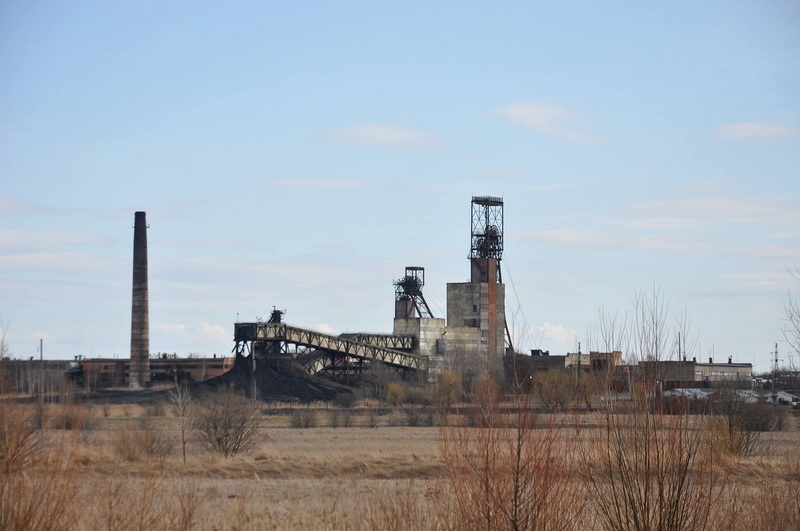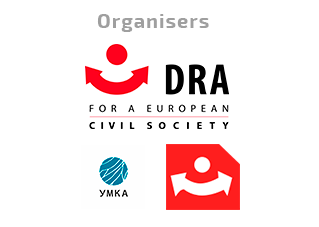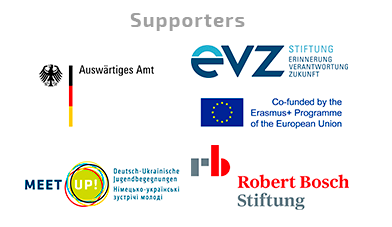The mining industry dates back to the 15th century, when people began to mine the ore. In the 18th century, the industry developed rapidly: new fields were discovered, their volumes and prospects were evaluated. It was the time when miner’s profession appeared. The Russian word “shakhter” and Ukrainian word “shakhtar” come from the German word “schacht” – an enterprise where mineral products are mined.
Most people respect this profession, but not everyone agrees to become one. Dangerous and difficult working conditions make one of the most popular professions in the 20th century rather unattractive today.

Mining has traditionally been associated with difficult working conditions, significant physical activity, serious damage to health and, unfortunately, a potential hazard to life. As far as coal-mining enterprises in Ukraine often work using earlier technologies, it makes the situation for miners even worse.
In order to find out how this profession has transformed over the past 60 years, we interviewed miners about their own experience. This is interesting from the point of view of comparative analysis, because the development process of Ukraine, Germany and Russia is different; therefore, the importance of mineral resources and the development of industries and professions is worlds apart.

Reference: Lviv-Volyn coal-basin is located in the north-west of Ukraine in the upstream of the Bug River and is the southeastern part of the Lublin coal-basin, located in Poland. The area of the Lviv-Volyn coal-basin is 1400 km2, the length 190 km, the average width – about 60 km. Original coal-in-place is about 970 million tons. The total coal reserves here do not exceed 1% of the explored reserves in Ukraine, coal depth is 300-650 m, depth of strata is 0.5-1.0 m, and 14 million tons of coal are mined here annually. Compared to Donbas, coal quality index is lower; the fuel has lower heating capacity and higher ash content.
The development of this coal base contributed to the improvement of fuel balance of the Western region of Ukraine, the building of new industrial complexes, the origin of municipal settlements (Chervonohrad, Novovolynsk). The coal reserves are insignificant, so it was supposed that only two of 15 mines in the basin would function (there are nine operating mines in 2018). A significant part of this coal is used by Burshtyn TES and Dobrotvorskaya TES, a small part of it is exported to Belarus.

Therefore, we tried to find out how the miners of Chervonohrad see the development and transformation of their own profession. We were lucky to talk to the mining dynasty – father and son. We learned what they think about the position of miners in terms of time.
The son, Alexander, said that work at mine is “prestigious, the wages are good, opportunity of early seniority pension.” His grandfather, father, uncle also worked at mine, now his mother-in-law works there.
“Dad was a stope miner, grandfather was a stope miner and I became a stope miner. It runs in our family,” said Alexander.
For Vladimir, money turned out to be the main reason to choose miner’s profession, because he needed to provide his wife and two children.
“For example, Chervonohrad is a mining city. Wherever you look, you can see work everywhere. Although my father did not work at mine, he was connected to the mine. What pushed me to go to the mine? I saw young men who have just come out of the army, worked for a short time and got apartments. The miners were paid a big salary, this profession was considered prestigious. After working for two years on the internal transport, I had to train for a stope miner, as the children grew, and my family needed more money,” he explained.
Since the technologies are changing, we asked about the current equipment of the mines and last upgrade.
“The complex of 88-89 years is still working. The combine runs along the ridge, and not along the chain, this is a big difference, so we avoid the injuries by a chain,” said Vladimir.
“The equipment has been working since my father started working. The equipment is being restored at Novovolynsk repair and engineering plant. Some spare parts are replaced with new ones, but most of them are in the same condition as they were before,” added Alexander.
According most of workers, mine injuries still happen, because of this attitude to equipment.
Miners suffer from occupational diseases.
“I retired for health reasons – I have radiculitis. Humidity, constant drafts and acute exercise negatively affect health. The winding machine does not always work, and then you have to use human resource, what can harm the body,” complains Vladimir.
Now wages have increased significantly, but the state still does not really care about the miners.
“Over eight years of my working experience, the wage has increased significantly. However, the state does not care about miners at all, letting everything run its course. This is why salary arrears happen, sometimes up to two months,” he continued.
Pensioners, whose payments by the way are not delayed, think it is important that the working miners receive their wages on time, so the profession would remain prestigious.
“The miner doesn’t need a lot: he worked for a month, he wants his wages. After all, he has a family, he has to provide with food, clothes and safe place to live. Give miners their money and the mine will thrive!” considers Vladimir.
Miners’ opinions about the future of the miner’s profession and the development of the region as a whole vary.
“My mine should be closed a long time ago. As for the region, I think that there will be 1-2 mines left, so we need to build new plants, otherwise the region will become empty in 5-10 years. The territories mostly become swamps and nobody cares about them. There are no perspectives to make business there,” believes Alexander.
His father, Vladimir, is not so pessimistic about this: “Our region is a part of coal deposits located in Poland and the Czech Republic. This industry was developed not only because of coal, but also to increase the population and support the influx of new blood. This is a frontier zone. The Soviet authorities needed influence here. As for the closure of mines, this is, of course, bad for Chervonohrad, because the city depends on mines. There are no industries that would provide people with well-paid jobs. There are some plants, but they do not function. There is no good future for the town to expect. For example, territories could be planted with trees and a park could be built, but for this purpose, it is necessary to cover the territory with clay and earth against fires. The territory where the lava passed is likely to be flooded. These are enormous expenses, waste of money. It is impossible to build high buildings there, but it is allowed to build shopping centers, sports parks, or just parks. However, who will bother doing it?”

Miners face some obstacles every day. They have to confront the government, and the challenges that they set for themselves. This is a struggle with fears, for justice, for the prestige of their profession.
Although in reality, miners do not need a lot, just to get wages on time and for the state to take care of them. For example, to provide jobs, if the mines will be closed, or offer other job opportunities, because many miners have families.
We hope that those who have power will be able to choose the right path for the development of coal industry. We have vivid examples of the experience in Germany, Great Britain and other countries of European Union, where the only value is a human. Therefore, first, it is necessary to take into account people’s needs and interests, try to reduce the harm by making important decisions for the future of the state.)




